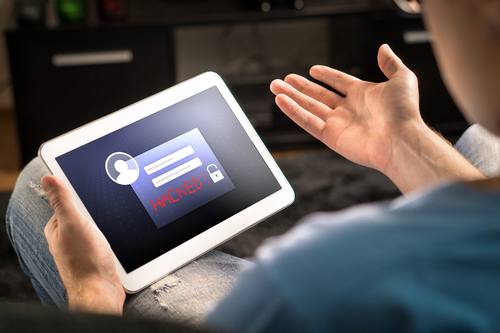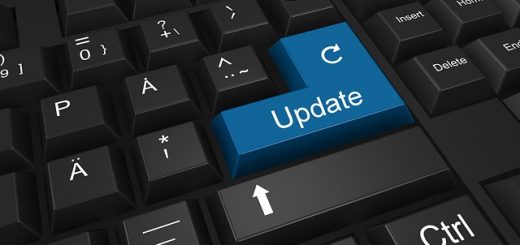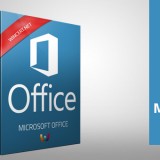Ways On How You Can Be Hacked Online
The rapid development of the internet has given us many benefits. For example, faster communication through various social media and convenient transactions in banks for your accounts and bills. What these demands, however, is displaying one’s personal and private information online. In this case, the rich, the famous, or even regular individuals become an easy target of hackers.
There are many reasons why hackers exist. Essentially, hackers sell the information they acquire for big amounts, while some hackers just want to show off their skills. Take note that not all hackers are I.T. experts. You can be hacked by your acquaintance, your friend, or even by your family members who know a thing or two about the basics of hacking.

The Importance of an IP address
Internet Protocol Address (IP address) is equivalent to a person’s name and their language — as a unique online ID. An IP address is also responsible why your computer is able to receive and send data from another computer which is also connected to the internet. Thus, an IP address serves as a digital address which helps transport content to another computer.
However, an IP address is not just simply your online ID. What others don’t know is that an IP address can be a beacon for hackers to track their target’s accounts. They can hack you by penetrating into the ports associated with IP addresses. Once your account and password have been tracked via your IP, your private information can be easily leaked.
Here are some ways on how you can be tracked by your IP:
- Keyloggers.
A keylogger also called as a spyware, is a monitoring software or program that records keystrokes from your computer. This is comparable to a surveillance device — tracking and logging every click and touch you struck from your keyboard. This is often used illegally by intending to gather your personal and private information like credit card numbers, usernames, and passwords.
How to detect a Keylogger?
A keylogger can be tricky to detect. An indication that your computer may have a keylogger is slower performance when browsing the web. The mouse of your computer or your keystrokes paused or won’t show up on the screen. Other than that, you will often receive an error on your screen also.
- Remote Administration Tool (RAT).
This way of hacking can be very dangerous for you. If a hacker uses RAT, they can connect to your PC and access your system without you knowing. Hackers can use your camera to see you, your desktop, and the websites you’ve browsed. They can also copy the personal files from your computer and even turn it on and off on their own as if they’re personally and physically using your device. Besides these functions, RAT also has a built-in function of a keylogger.
What can you do to avoid a RAT?
- Be cautious on the links you click. Most of the time, the attachments from emails and messages are installed with RAT.
- Be careful of peer-to-peer file sharing. Malware can be included in the files sent to you.
- Make sure that you install security software on your devices.
- Trojan Horse.
You may think that someone sent you an email or a link and open it with an attachment you thought is safe. In reality, it’s already a malware called “Trojan Horse.” Once it enters your device, a Trojan Horse will spread and rip off your files.
It can also penetrate wireless devices to attack routers on their wireless networks. Hackers then can redirect traffic on the devices connected on the WI-FI for the sole purpose of illegal acts. For it to be downloaded easily, hackers attach Trojan Horse to pirated applications.
How to be protected against Trojan Horse?
- Always update your software.
- Use an intricate and unique password for your devices and accounts
- Again, don’t forget to install security software to your device for timely diagnostic scans on your software.
- Don’t immediately open emails, applications, or websites from unknown sources. Always be vigilant and guarded.
Conclusion:
In this generation, more and more people are becoming knowledgeable about using the internet. Most of them use their knowledge on malicious acts like hacking your computer and stealing your private data, especially your account and password for easy money. Always be aware and cautious of your devices and what you do when you use them.
Hackers have a lot of ways and techniques on how to get your private information anytime and anywhere they want. You can be hacked online by anyone. Once you feel like there’s something wrong or suspicious with your device, immediately format your computer or phone.
But any virus or malicious program is hard to expel from an infected device so it is better to be preventive and have a back-up system or service to manage and successfully terminate anything that infects your devices.
Disclaimer: This is a sponsored article













